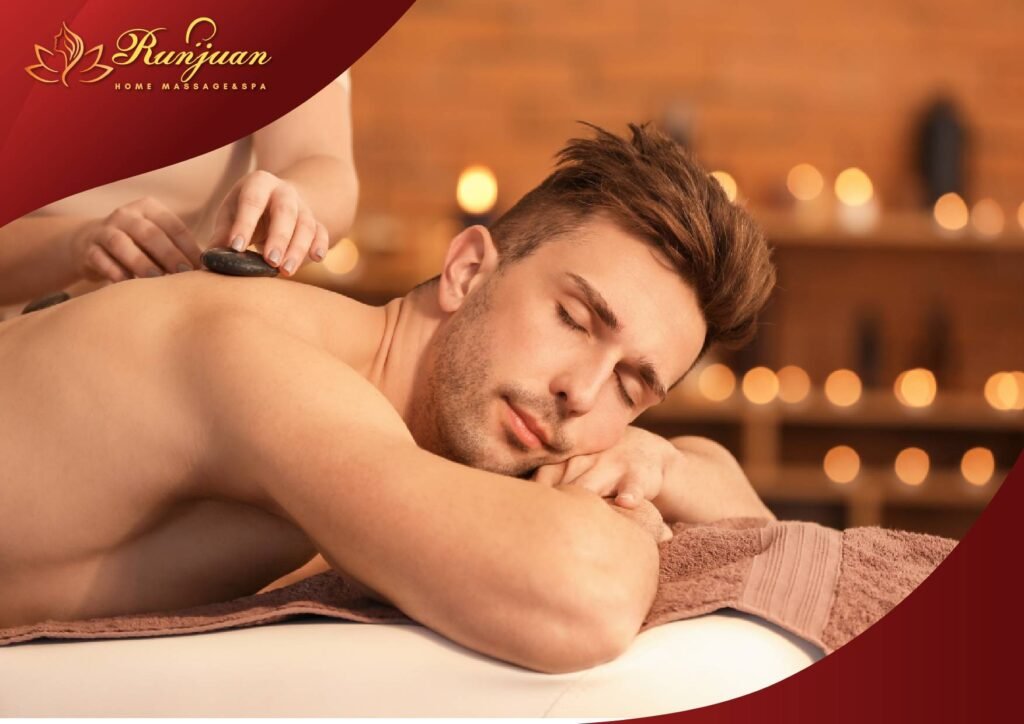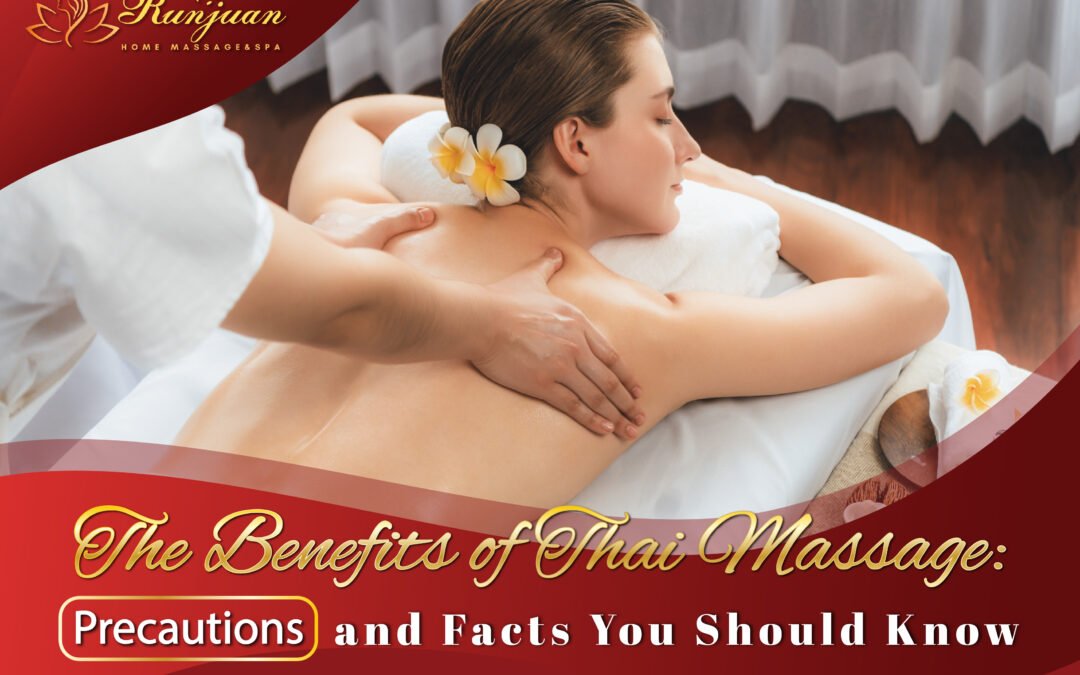Have you ever wondered why Thai Massage has become world-renowned, both as an ancient wisdom and a modern health practice? The secret is not only in the massage techniques but also in the benefits, choosing a safe place, and understanding the precautions that many people tend to overlook.
Thai Massage is not just a relaxation treatment; it is a health science that has been passed down for more than 2,500 years and is recognized worldwide. Today, it comes in various forms, from Thai Massage Spa to Thai Massage Home Service.
This article is designed to give readers a complete understanding of Thai Massage — from its origins, research-based benefits, how to choose a certified Thai Massage Spa, health precautions, to debunking common misconceptions. The goal is to help readers make safe, informed decisions and truly understand the principles of traditional Thai massage.
Thai Massage From Ancient Roots to Modern Health Care
Thai Massage, or Traditional Thai Massage, dates back more than 2,500 years, drawing from Thai traditional medicine, yoga, and acupressure. It developed as a holistic health practice focusing on balancing the body’s energy. Today, it is globally recognized and was listed by UNESCO as an Intangible Cultural Heritage of Humanity.
Different Types of Thai Massage
- Traditional Thai Massage → Focuses on acupressure, stretching, and body balance
- Thai Oil Massage → Combines Thai techniques with aromatic oils for deep relaxation
- Thai Head Massage → Targets tension in the head, shoulders, and neck
A study in the Journal of Alternative and Complementary Medicine (2015) confirmed that Thai Massage improves blood circulation and reduces muscle stiffness. Many clients at Thai Massage Spas also report high levels of satisfaction, both physically and mentally.
Benefits of Thai Massage (Research-Based)
The benefits of Thai Massage go beyond relaxation. According to the National Center for Biotechnology Information (NCBI, 2019), it can relieve chronic back pain, reduce stress, and improve sleep quality.
Key Benefits:
- Relieves office syndrome: stretches muscles and reduces stiffness
- Calms the nervous system: acupressure lowers stress hormone levels
- Restores body balance: improves both energy and blood circulation
Unlike Western massage, Thai Massage emphasizes active stretching, making it a proactive form of wellness, not just treatment.

How to Choose a Safe and Certified Thai Massage Spa
Choosing the right Thai Massage Spa — such as Runjuan Massage, which follows certified Thai wellness standards — is crucial to ensure you truly receive the benefits of Thai Massage.
Criteria to Consider:
- License verification: The spa should be registered with the Department of Health Service Support (Thailand)
- Qualified therapists: Should have professional training and experience
- Hygiene and safety: Rooms, equipment, and linens must meet international standards
If you are not seeking sexual services, avoid venues advertising Thai Erotic Massage, Thai Soapy Massage, or Happy Ending Massage. These combine massage with sexual services, which may mislead clients who only want authentic therapy.
A WHO (2020) report emphasized that massage therapy must operate within strict safety and ethical frameworks to protect both clients and practitioners.
Precautions and Contraindications of Thai Massage
Although highly beneficial, Thai Massage requires caution for certain individuals.
Consult a doctor before massage if you are:
- Pregnant (especially first trimester)
- Living with heart disease or hypertension
- Having osteoporosis or recent fractures
- Recovering from surgery or wounds
Thai Head Massage and Thai Oil Massage may not suit those with chronic dizziness or specific skin conditions. A study in the Thai Journal of Physiotherapy (2018) warned that massage can increase injury risk for individuals with medical restrictions. Always consult a doctor first.
What is a “Happy Ending Massage”? Legal, Ethical, and Safety Aspects
The term Thai Massage Happy Ending (often linked with Thai Erotic Massage and Thai Soapy Massage) should not be confused with Traditional Thai Massage or legitimate Thai Massage Spas.
Key Facts:
- Law: Such services are illegal and risky
- Health: Lack proper hygiene, risking infections and mental harm
- Ethics: Not considered therapeutic or health-focused practices
The Department of Health Service Support (Ministry of Public Health, Thailand) states that advertising happy ending massage is false and violates regulations. Genuine Thai Massage is strictly for health and well-being.
Conclusion
Thai Massage is both a traditional healing art and a modern health practice, globally respected. Its strengths extend beyond relaxation to research-backed health benefits. However, choosing a certified spa and being mindful of health precautions is essential. With the right knowledge, you can enjoy safe, valuable, and holistic benefits for both body and mind.

